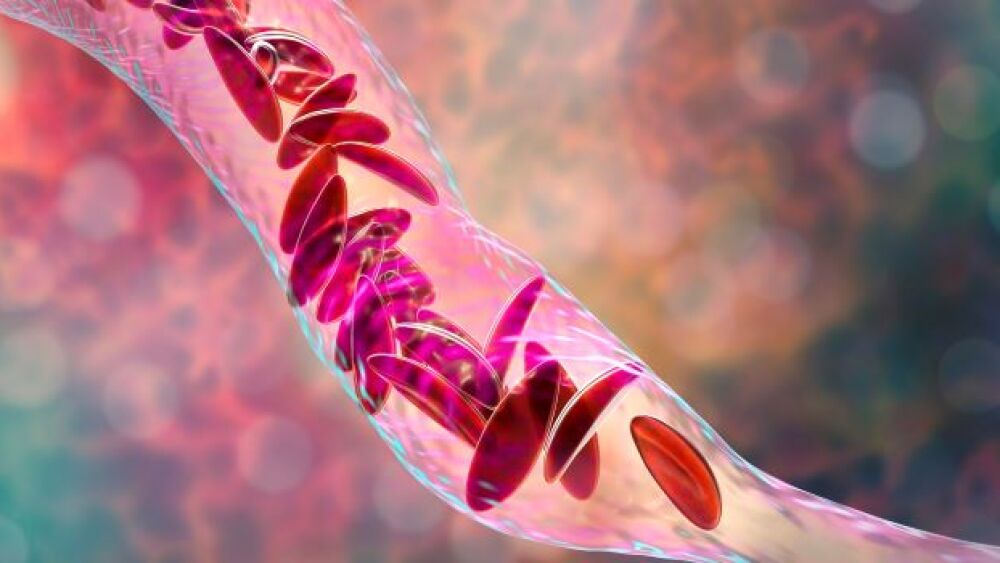The FDA lifted its partial clinical hold on bluebird’s experimental sickle cell disease gene therapy for patients younger than 18.
Courtesy of Getty Images
The FDA released its partial clinical hold on bluebird bio’s lovotibeglogene autotemcel (lovo-cel), an investigational gene therapy for sickle cell disease, the Cambridge-based biotech announced Monday.
The FDA placed a partial suspension on clinical programs for lovo-cel in patients younger than 18 a year earlier after a young patient developed persistent, non-transfusion-dependent anemia following treatment with the gene therapy.
The patient had been on lovo-cel for 18 months at the time of diagnosis but had otherwise been clinically well, with no signs of malignancy or clonal predominance.
bluebird presented data from this adolescent patient at the recently concluded 64th Meeting of the American Society of Hematology, alongside findings from a similar case in the adult cohort of the lovo-cel trial.
bluebird’s investigation showed that both patients had two deletions in the α-globin gene, also known as an alpha-thalassemia trait. Both patients were the only participants in their respective cohorts to harbor such a mutation. This genotype has now been added as an exclusion criterion for ongoing studies of lovo-cel.
In a prepared statement, Richard Colvin, M.D., Ph.D., chief medical officer at bluebird bio said the company is readying “to resume enrollment and treatment of pediatric and adolescent patients in the first quarter of next year.”
bluebird developed lovo-cel as a one-time treatment for SCD. It works by inserting functional and modified copies of the β-globin genes into a patient’s blood stem cells.
This gene codes for a protein that has the overall effect of reducing the proportion of sickled red blood cells.
Lovo-cel has gained several regulatory designations from the FDA: orphan drug, fast track, regenerative medicine advanced therapy and rare pediatric disease.
Adult studies of lovo-cel proceeded as planned alongside the partial clinical hold in pediatric programs. bluebird expects to submit a biologics license application early next year.
Scrambling For the First SCD Gene Therapy
Aside from bluebird, several other biopharma companies are in the running to clinch the first gene therapy approved for SCD.
In August, California-based Graphite Bio kicked off its Phase I/II CEDAR trial and announced it had dosed the first patient with its investigational gene therapy, nulabeglogene autogedtemcel (nula-cel). Like lovo-cel, nula-cel targets mutations in the β-globin genes, precisely correcting pathological mutations to curtail the production of sickled hemoglobin.
A month after, in September, Vertex and CRISPR therapeutics revealed that the FDA had granted its SCD-hopeful exagamglogene autotemcel (exa-cel) a rolling review.
The companies expect to complete their regulatory submission early next year. If approved, exa-cel would be the first CRISPR-based therapeutic approved for a genetic disease.
Also in the race is Massachusetts-based Editas, whose investigational drug EDIT-301 returned promising early data from the Phase I/II RUBY trial last July.
Instead of replacing a faulty gene, Editas’ approach edits disease-causing mutations using a proprietary nuclease.
In August, bluebird won FDA approval for Zynteglo (betibeglogene autotemcel), a gene therapy for beta-thalassemia, a rare and genetic blood disease related to SCD.






